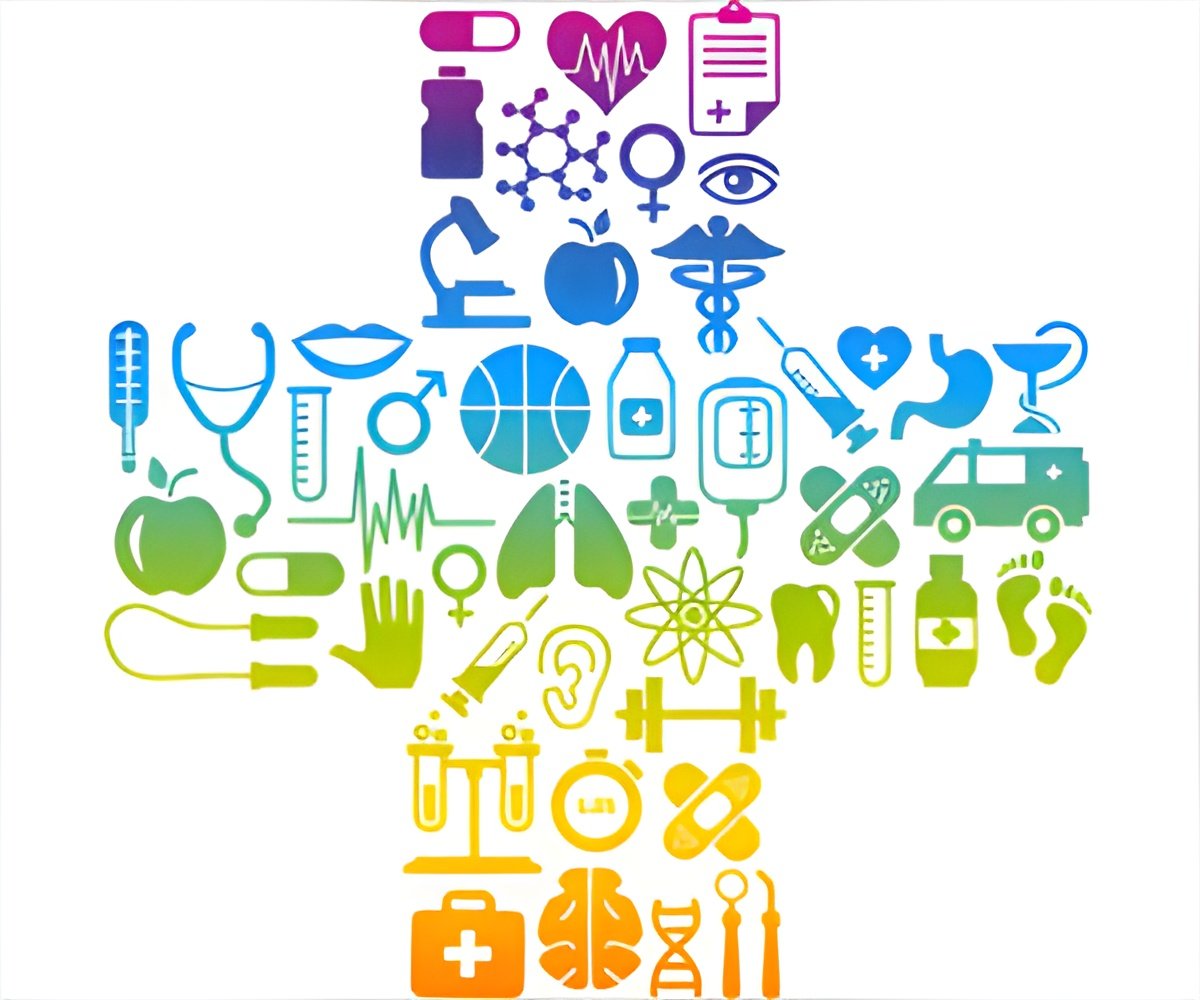
‘Migrants encounter obstacles to accessing quality health care, as the provision of health services is contingent on their legal and administrative status.’
Tweet it Now
Migration poses greater risk and vulnerability to infectious diseases, mental health disorders, maternal and neonatal mortality, substance use, alcoholism, malnutrition, violence and non-communicable diseases."As migration continues to accelerate at unprecedented levels, we are presented with an opportunity to come together as a Region to ensure that migrants are able to access adequate health coverage," she said.
Mobile populations pose additional challenges to countries often already struggling to cope with day-to-day demands on their health care systems. Migrants also encounter obstacles to accessing quality health care, as the provision of health services is contingent on their legal and administrative status.
At the WHO regional committee meeting here, Member countries shared experiences in addressing this growing regional issue, including the potential for infectious disease and antimicrobial resistance spread.
In response to the issue, for example, Thailand has formulated a 'Healthy Borders' approach in the Greater Mekong Subregion, a border area with Laos and Cambodia, which focuses on the prevention and control of tuberculosis, HIV, and other prevalent communicable diseases.
Advertisement
The Regional Committee is WHO South-East Asia Region's highest decision-making body and includes health ministers and senior health ministry officials of the 11 member countries of the region, Bangladesh, Bhutan, Democratic People's Republic of Korea, India, Indonesia, Maldives, Myanmar, Nepal, Sri Lanka, Thailand, and Timor-Leste.
Advertisement











